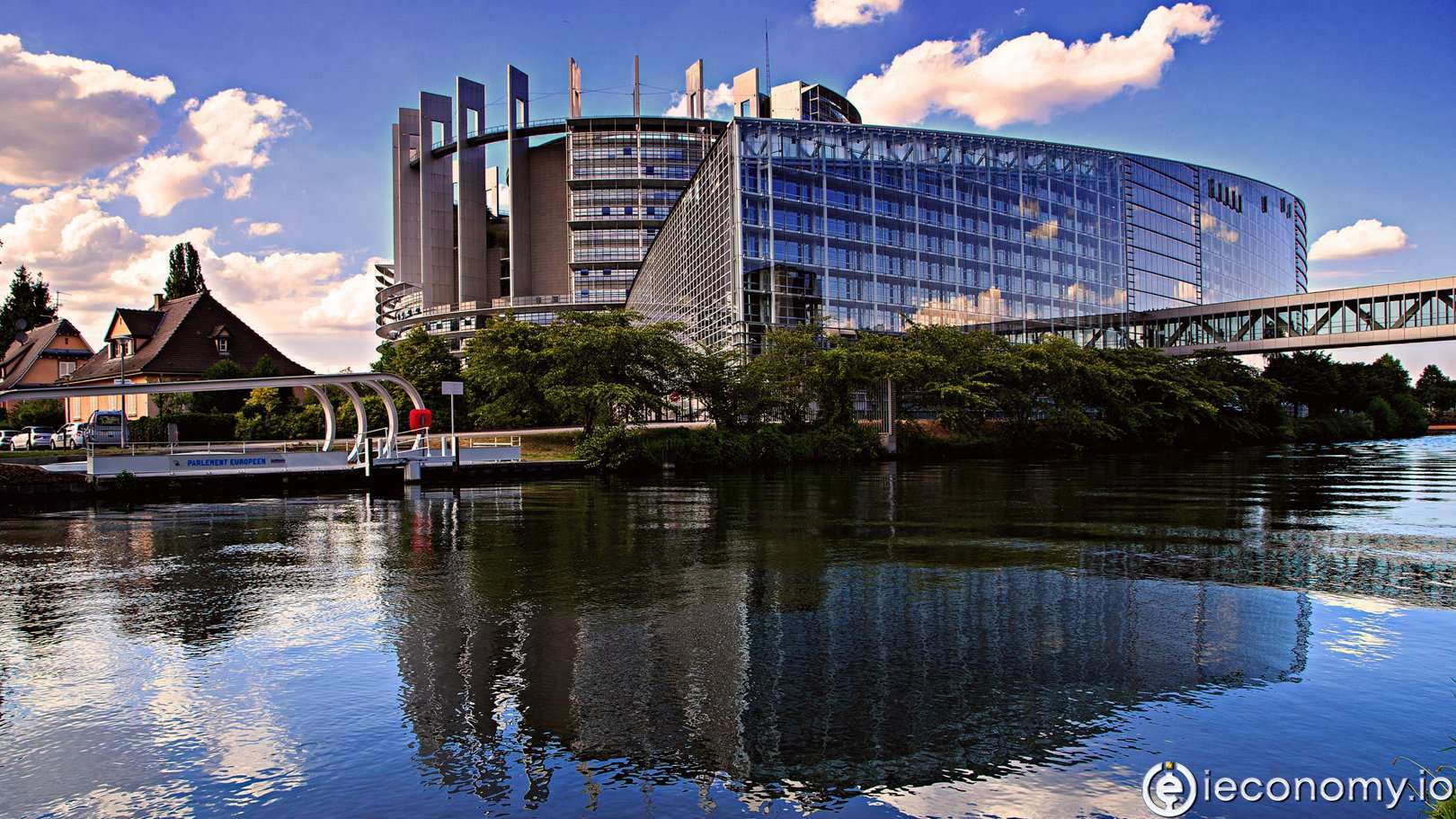2414
0
The EP has approved a € 88 billion fund over the next seven years
The EP has approved a € 88 billion fund over the next seven years. The fund should also mitigate the negative impact of the pandemic.

Yazar: Tom Roberts
Yayınlanma: 10 Haziran 2021 14:55
Güncellenme: 3 Mart 2026 01:40
The EP has approved a € 88 billion fund over the next seven years
MEPs in Strasbourg on Tuesday finally approved the European Social Fund Plus (ESF +) with a total budget of € 88 billion for the financial period 2021-2027. The European Social Fund + has an important role to play in implementing the action plan on the European Pillar of Social Rights and in addressing the socio-economic impact of the new coronavirus pandemic. It is seen as the EU's main tool for investing in people and tackling existing inequalities. During negotiations with the Member States, EP negotiators secured more ambitious investment in youth employment and the fight against child poverty - in the groups most affected by the corona crisis. Member States with an above-average percentage of unemployed young people not in education or training between 2017 and 2019 should devote at least 12.5% of their ESF + resources to helping them improve their skills or find skills. quality employment. Other Member States should also allocate sufficient resources to this group, preferably by implementing strengthened youth guarantee schemes. On a similar basis, Member States with an above-average percentage of children at risk of poverty or social exclusion between 2017 and 2019 should invest at least 5% of their resources from this fund in direct support to ensure equal access for children to childcare, education, health and safety programs, care and decent housing. All Member States are obliged to invest in the fight against child poverty. The EP has pushed for at least a quarter of ESF + funding to be devoted to measures to promote equal opportunities for disadvantaged groups, including marginalized communities such as Roma and third-country nationals. These will be measures to reduce existing barriers in the labor market, address discrimination and inequalities in health. In addition to other funds, the new ESF + Fund for European Assistance to the Most Deprived Persons (FEAD) has been integrated into the new ESF +. Under the new rules, all Member States will have to spend at least 3% of their funding on food and basic material assistance in order to eradicate all forms of extreme poverty that contribute most to social exclusion. Once approved by the plenary of the European Parliament, this Regulation will enter into force on the twentieth day following that of its publication in the Official Journal of the EU.İLGİLİ HABERLER





European stocks soared and focus shifted to German retail sales after Powell's speech!

Forex Signal For TRY/USD: Inflation Slowdown in November.

Forex Signal For GBP/USD: Bullish Trend Still Not Breaking While Recovery Continues.

Forex Signal For EUR/USD: Starry US Data Points to Higher Fed Increases.

Forex Signal For BTC/USD: Downside Continues as Bitcoin Recovery Moves Less.
En Popüler Haberler
Yorum Yap
Yorumlar
Henüz yorum yapan yok! İlk yorumu siz yapın...